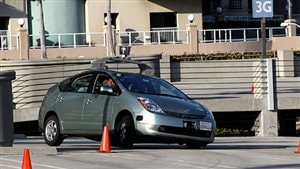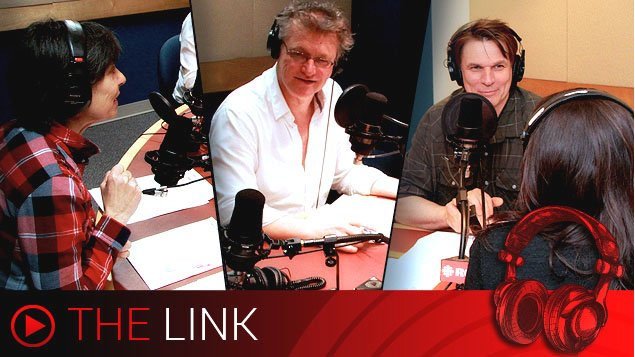(Please not: if you are experiencing slowness in page loading, technicians are working on the issue which should be resolved next week)
Marc is your host this edition, though both Lynn and Wojtek have left stories for us.
Listen
This week the governing Conservative party under Prime Minister Stephen Harper announce they intended to extend the Canadian participation against ISIS.
Currently Canada is carrying out airstrikes in Iraq, and has a small number of military special forces training units of the Iraqi Army.
With this new extension of the duration of the mission, the government also announced it would extend the air campaign to include ISIS targets in Syria.
Opposition parties, the Liberals and New Democrats, both say they oppose the extension of the mission and the expansion into Syria.
Wojtek prepared a report.

On the environmental front, a new study by a group of international scientists has discovered a disturbing trend.
It’s something called “forest fragmentation”. What it means is thar forests are being broken up into smaller non-contiguous pieces.
The study found for example, that 70 percent of the world’s forests are located within a kilometre of a road, town, or some other disturbance such as industrial activity or farming.
They say this has a negative effect on biodiversity.
Lynn spoke to Andrew Gonzalez, a biology professor at McGill University in Montreal and a member of the international team of researchers

Technology companies are heavily promoting the idea of driverless cars.
Already people who can’t parallel park a car are benefitting from hands free or “autonomous” parking, and tech companies are saying driverless cars will be a regular sight in just a few years.
But there are many questions to be answered. Are they an ecological advantage really? Will they put people out of work, taxi drivers for example and is this and advantage. And what about the Big Brother aspect of being monitored?
Marc spoke to AnnaLisa Meyboom, a University of British Columbia professor and the director of the UBC Transport, Infrastructure and Public Space laboratory group.







For reasons beyond our control, and for an undetermined period of time, our comment section is now closed. However, our social networks remain open to your contributions.